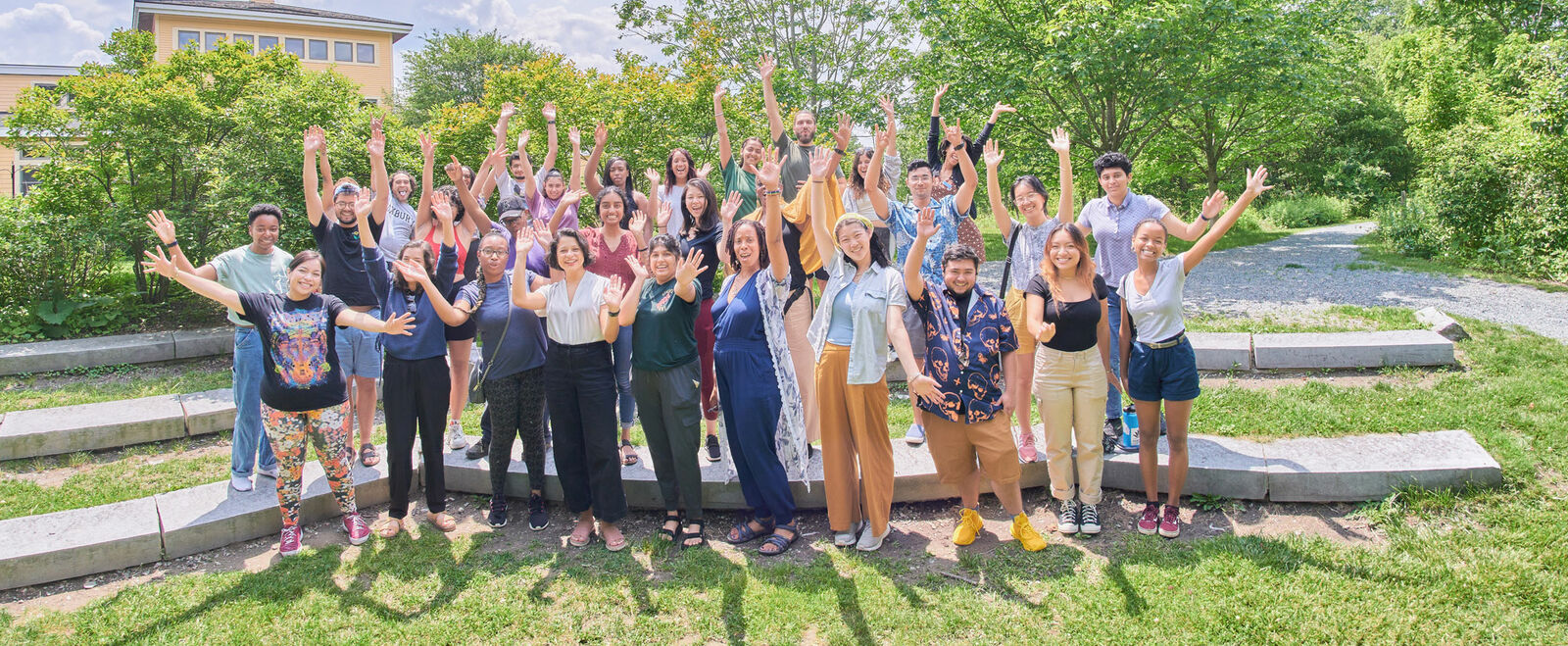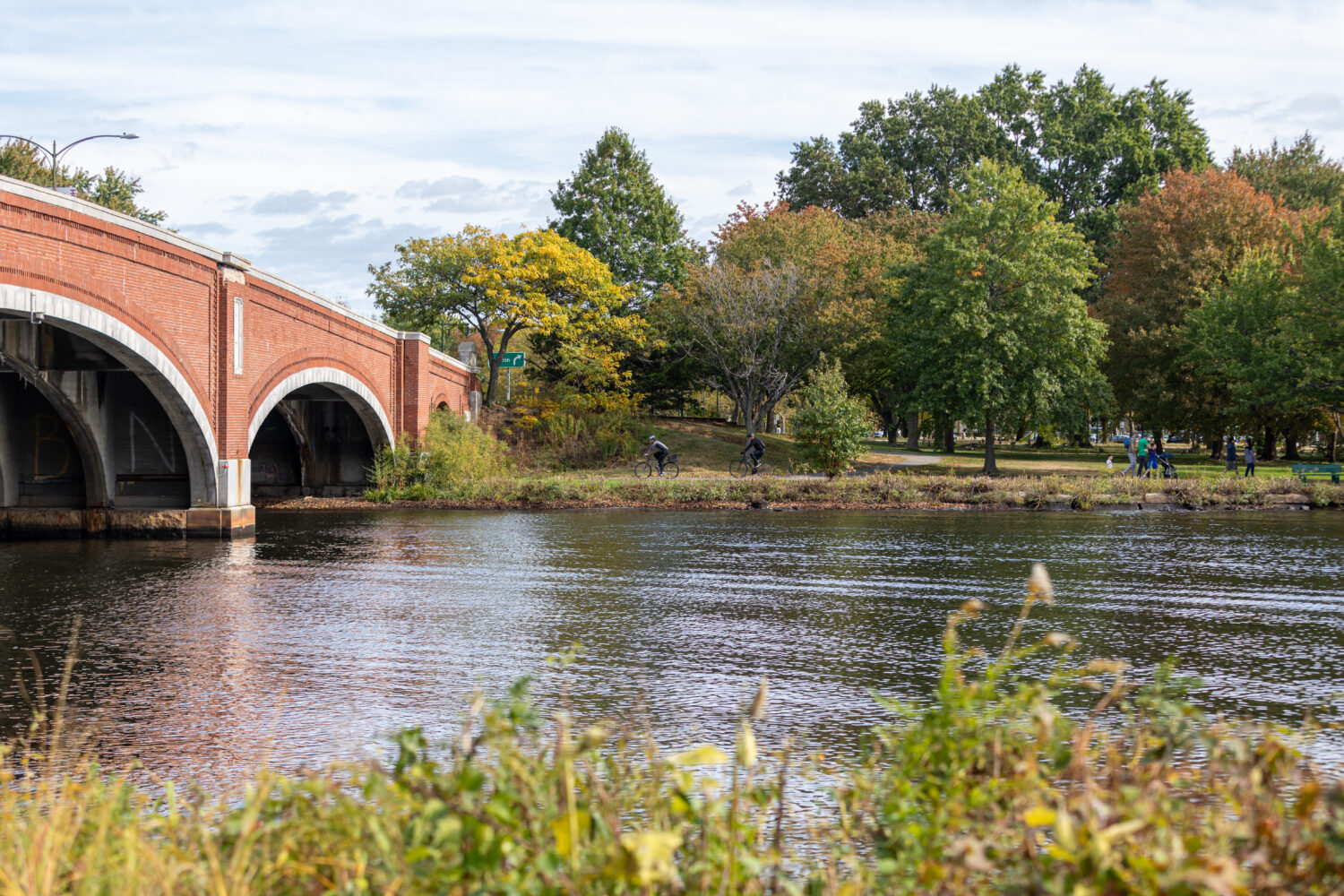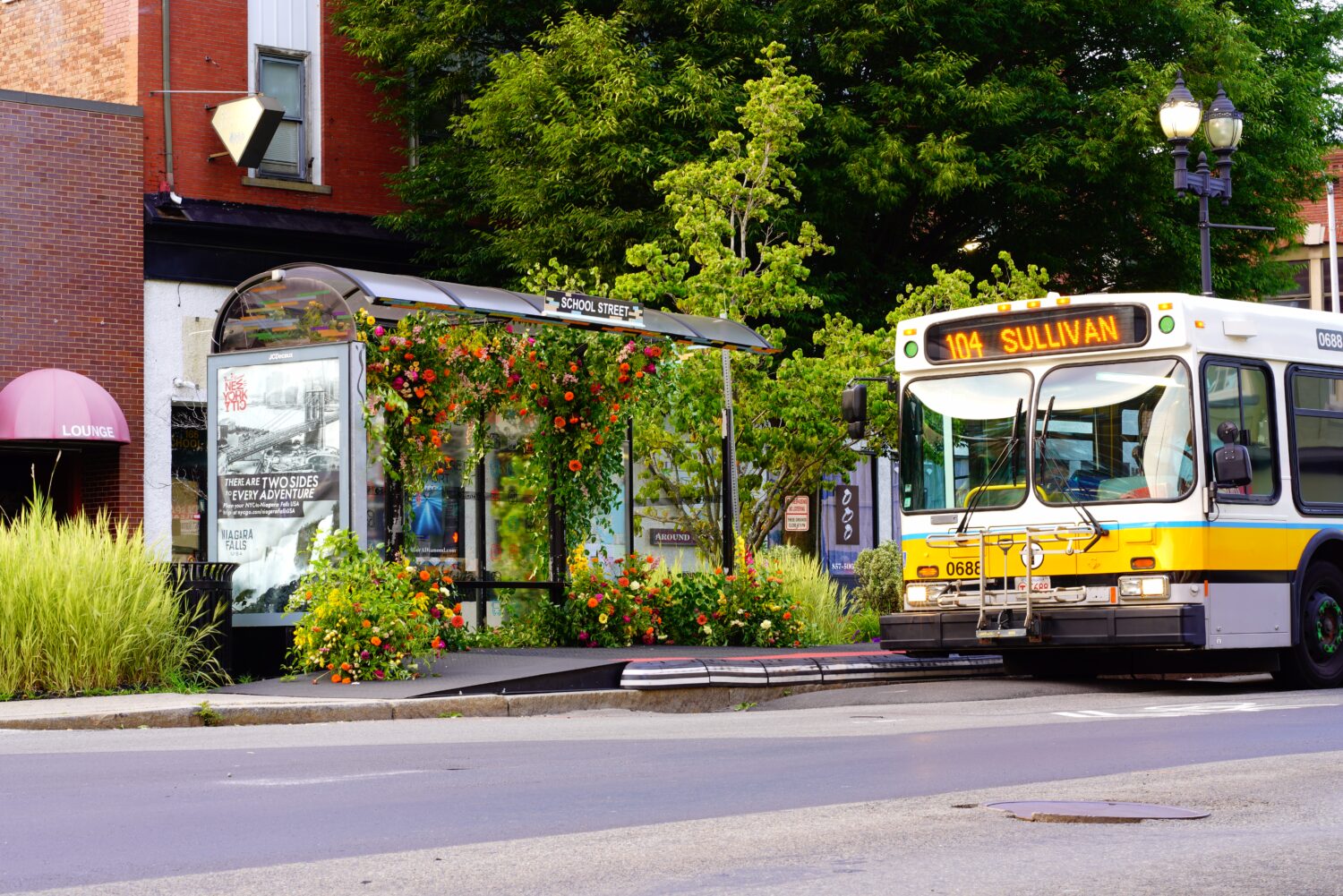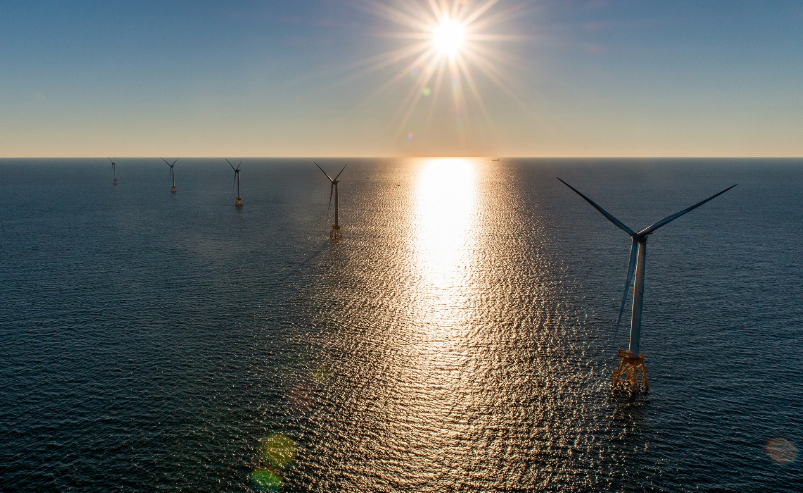If we care at all about equity we ignore climate change at our peril. Climate change is an inequity expander and accelerator. Those least responsible for causing it are the most vulnerable to its effects. The poor who consume fewer resources who live more lightly on the earth are generally the most vulnerable. When flooding or droughts cold snaps or heat waves hit their household budgets get hit harder. And regaining their footing is often much harder too. This is true globally as well as here in the US as we saw in the wake of Katrina Sandy and are sure to see again.
To make matters worse the ways we work to address climate change can add additional burdens on the poor without their fair share of benefits. For example in Massachusetts all households pay what’s called a “systems benefits charge” on their utility bills. This raises revenue the state sends back to residents in the form of subsidies or rebates for efficiency upgrades or renewable energy for their homes and businesses. But since those upgrades cost money up front historically middle and upper income families were the only ones to take advantage of the programs. All pay but only some benefit.
It doesn’t have to be this way.
Thanks to the work of the Green Justice Coalition a Barr grantee this dynamic is changing – and we are moving closer to ensuring that our region’s growing green economy yields benefits for low-income communities and communities of color. Last month the Nation featured the coalition in an article that picks up on work we featured here two years ago in a guest post by Darlene Lombos of Community Labor United which is the lead organization of the coalition. Darlene shared lessons from their novel and effective approach at outreach to low- and moderate-income households to engage them in energy efficiency programs.

Since then the Green Justice Coalition has continued to be a positive force in this work bringing equity concerns to the forefront. Working with the state and utility companies this coalition has brought Massachusetts’s home weatherization programs to working-class and communities of color improved wages and job standards for weatherization workers and kept tens of thousands of tons of greenhouse gases out of the air.
To learn more check out Community Labor United’s new report “Building a Brighter Day”. You can also watch a webinar organized by Efficient Cities Network and Partnership for Working Families and featuring the Green Justice Coalition.




